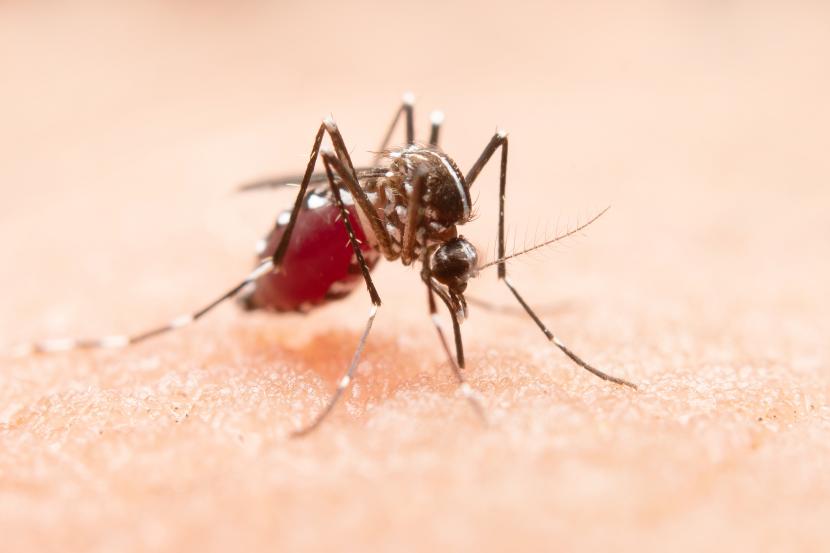REPUBLIKA.CO.ID, YOGYAKARTA -- The Health Department (Dinkes) of Yogyakarta City asks people to be aware of dengue hemorrhagic fever (DBD) in the current rainy season. This is considering that generally DBD disease is more at risk of increasing in the rainy season.
Programmer for the Prevention and Control of DBD Disease, Health Division Yogyakarta, Rubangi said that various efforts have been made so that DBD, which is widely found during the rainy and hot season, can decrease significantly.
One of them is by inviting DBD cadres in the region to always provide education and socialization on dealing with DBD. Dinkes Kota Yogyakarta also cooperates with UGM to conduct periodic monitoring of wolbachia mosquito populations in Yogyakarta City.
“Currently DBD in Yogyakarta City is the lowest in DIY. This is due to the activities of cadres and citizens in combating the occurrence of DBD,” Rubangi said in his statement not long ago.
In addition to the government and DBD cadres, citizens are also expected to contribute to preventing the spread of this DBD disease. Prevention can be done by applying healthy living and doing 3M namely draining, closing and burying.
“Where this DBD mosquito likes the presence of puddles found in holes or used items, it will be used for mosquito breeding grounds,” Rubangi explained.
Rubangi said DBD cases in Yogyakarta City reached 88 cases by the end of December 2023. It is said that this DBD case is the lowest since 2022, where there are 180 cases in Yogyakarta City.
“I hope that the percentage of mosquitoes with wolbachia will increase, so that the cases will decrease, and of course it will reduce the budget implementation, especially the implementation of fogging in Yogyakarta City,” Rubangi said.
Meanwhile, Head of the Prevention Section of Infectious Disease Control and Immunization, Dinkes Kota Yogyakarta, Endang Sri Rahayu also appealed to the public to continue to be aware of the weather conditions. In addition to the presence of DBD, other diseases such as SPA, diarrhea, and leptospirosis can also affect anyone in the rainy season such as at this time.
“Although there is still very little data on the disease, we continue to give advice to always lead a healthy life and maintain hygiene, so that no one is affected by the disease,” Endang said.
Endang also invites people to be more concerned and follow the Movement for Healthy Living People (Germas) and Clean and Healthy Living Behaviour (PHBS). Meanwhile, all health care facilities (fasyankes) are also asked to remain vigilant in the presence of infectious diseases.
“We also invite the preparedness of fasyankes to continue to be vigilant against infectious diseases. Readiness ranging from health care centers, and hospitals, as well as other health services such as logistics should also be prepared. So that when there is an increase in cases, the fasyankes are not overwhelmed,” Endang said.



